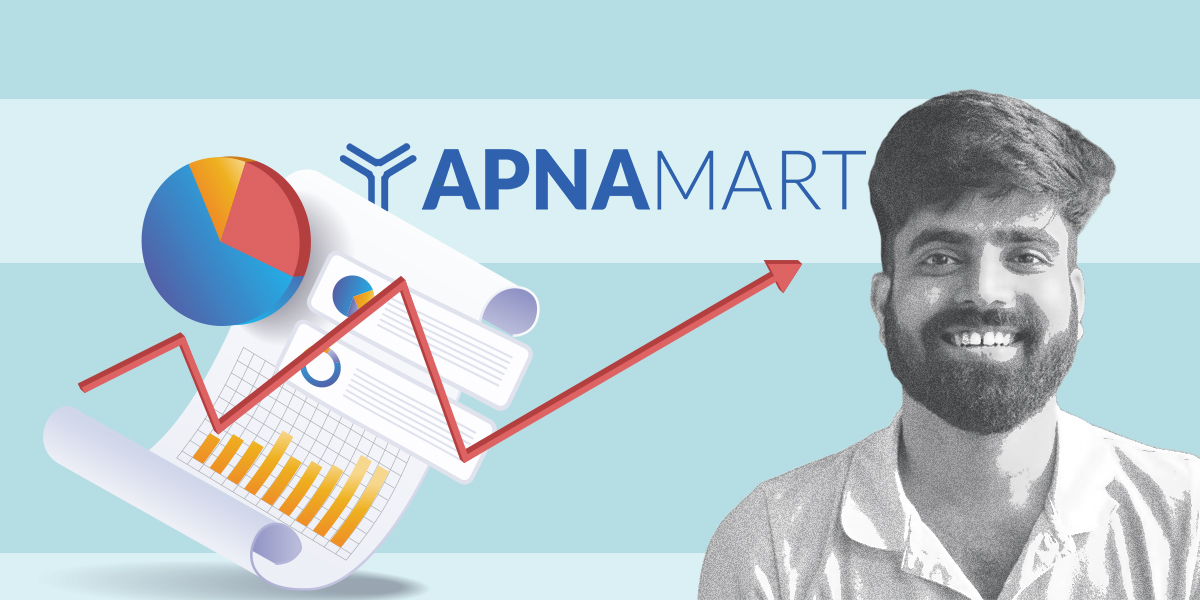Intellect Design Arena, a technology for financial services, and Infibeam have been able to successfully clinch a government IT contract, outstripping Tata Consultancy Services and Sify.
The two firms, Intellect and Infibeam, emerged as the lowest bidder and won the bid to run the government’s e-marketplace portal (GeM) from where the Government of India purchases goods and services. This is going to be a five-year contract, estimated to be worth around Rs 1,000 crore, according to an ET report.
Under the contract, Infibeam will provide its expertise in e-commerce services, Intellect will manage the operations and Tata Communications will offer its cloud services.
For this contract, Sify had partnered with Amazon Web Services and TCS had roped in Tata CLiQ.
The portal will fulfil the procurement needs of central and state governments, ranging from big ticket items such as laptops and air conditioners to furniture and daily use items such as stationery, as well as services like taxis and florists. The central and state governments procure goods and services worth over Rs 5 lakh crore every year.
As per the tender, the company that manages the government portal could get a commission of as much as 0.5 per cent of the total transaction value. However, the winner consortium has bid much less than this amount.
According to estimates, government procures products a worth of around Rs 5-7 lakh crore a year for states and the central government put together. The finance ministry had amended the General Financial Rules to make it compulsory for all government departments to procure items and services from this portal.
Infibeam is the first Indian e-commerce companies to go public. Recently, it was also in the news for its speculated interest in acquiring e-commerce firm Snapdeal.
The portal will be owned by the government, it will be run through a special purpose vehicle (SPV) comprising both bureaucrats and professionals that the government plans to hire from the private sector. The SPV will have its own board of directors and 66 permanent posts. It is expected to drive significant cost savings for the government by bringing transparency in procurement.













